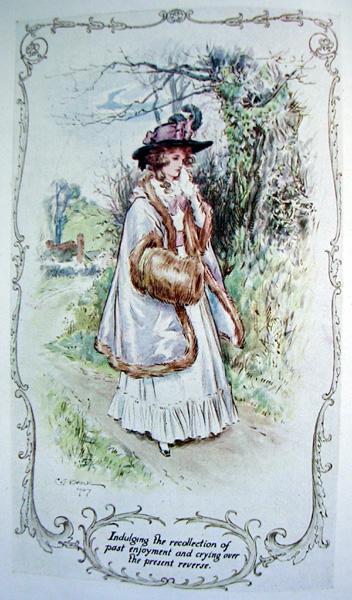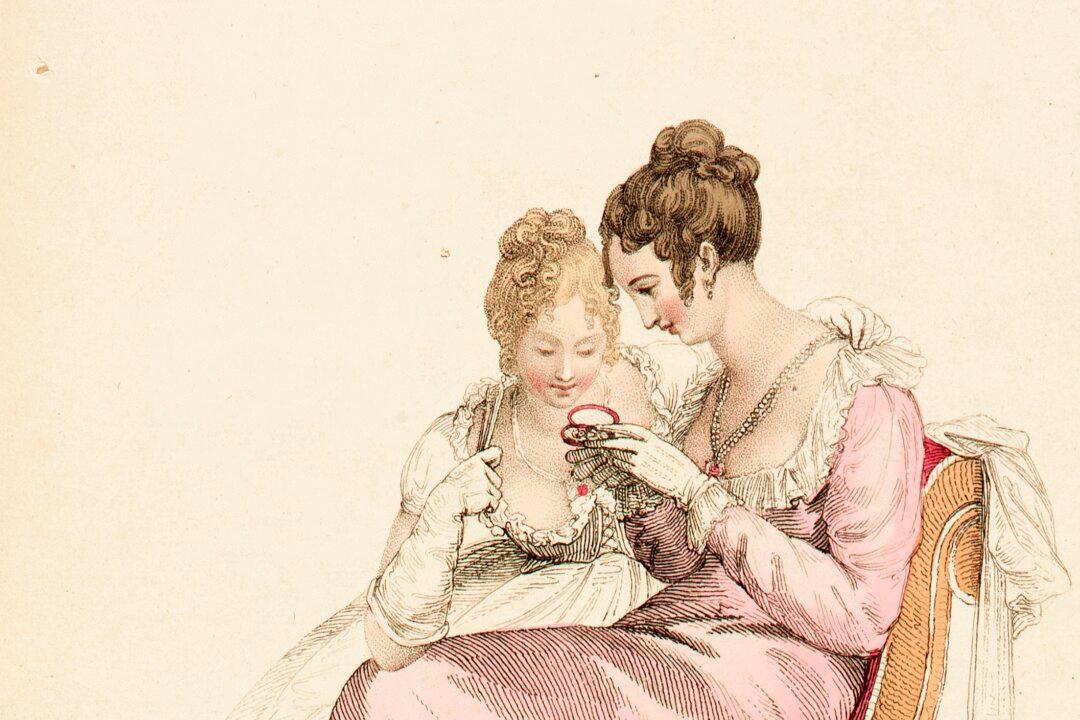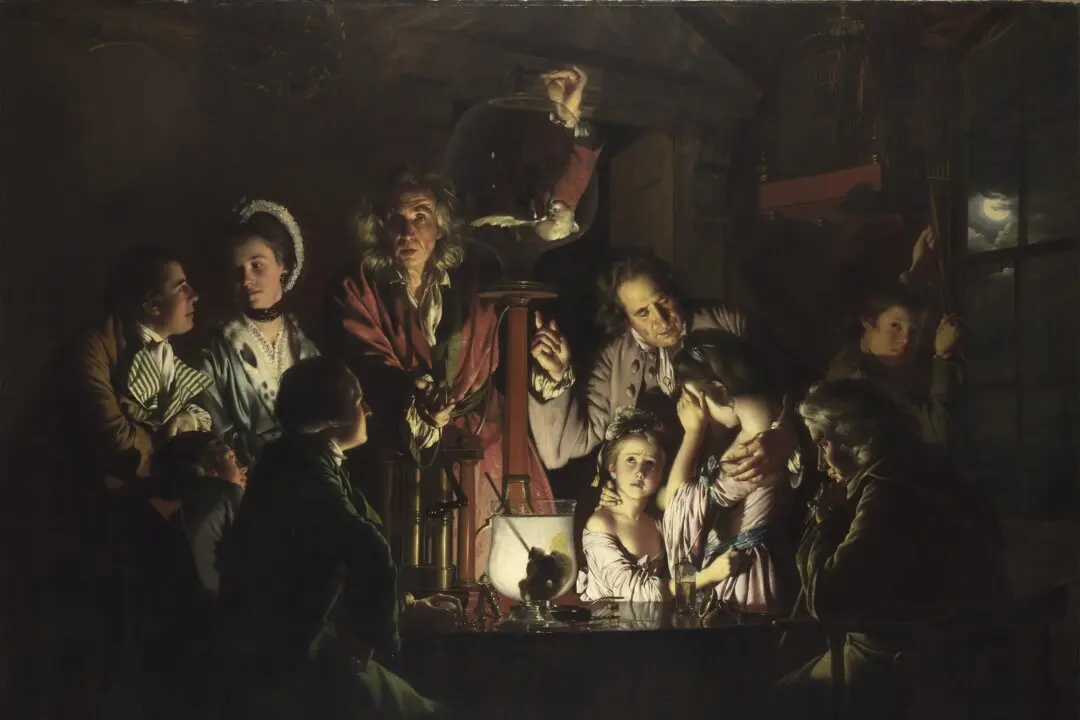Everyone knows a drama queen. In Jane Austen’s “Sense and Sensibility,” Marianne Dashwood happily plays the role, and wonderfully demonstrates how the fashion for sensibility at the time is taken to excess. Marianne’s heart is her compass, and she willfully goes wherever her feelings and flights of fancy take her, mostly in her mind. Needless to say, it nearly kills her. Conversely, her sister Elinor, who takes us through the story, is anchored in rationality and self-restraint.

Marianne trapped in her emotions, in an illustration by C. E. Brock, in the 1908 edition of “Sense and Sensibility.” Public Domain






